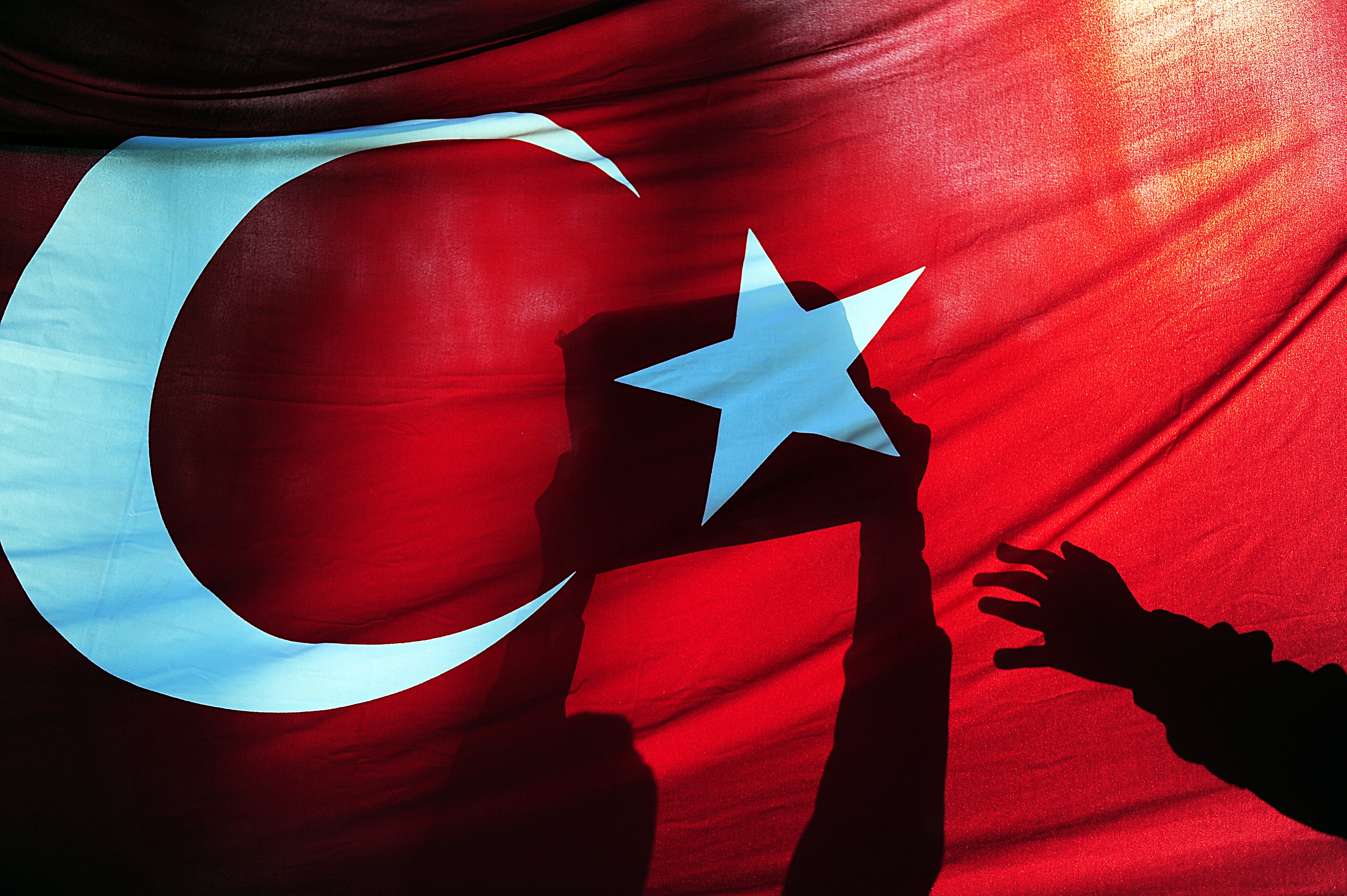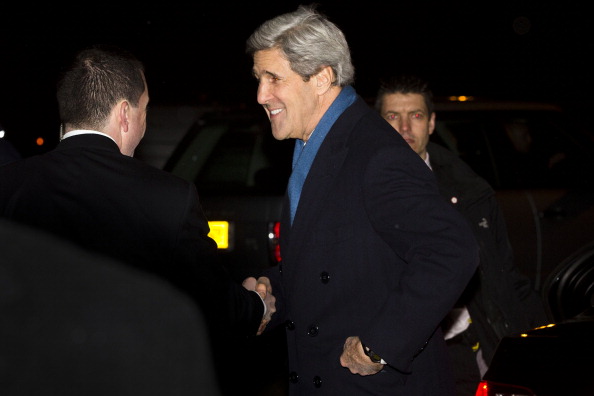 Journalist Anna Politkovskaya’s 2006 murder is an unwavering symbol of Russia’s suppression of press freedom and human rights defenders. Her scathing reports on human rights abuses in Chechnya shamed government officials and others, and she was killed for it.
Journalist Anna Politkovskaya’s 2006 murder is an unwavering symbol of Russia’s suppression of press freedom and human rights defenders. Her scathing reports on human rights abuses in Chechnya shamed government officials and others, and she was killed for it.
Today, press and the public were barred from the proceedings in the trial of three men accused in Anna’s murder, which some critics thought would reveal a “deep-seated corruption in the security and law enforcement agencies.” They hoped public access to the proceedings would shed light on continuing intimidation and attacks on Russian journalists.
More than a dozen journalists have been killed since 2000, and many more assaulted or threatened. Just last week, the AP reports, newspaper editor Mikhail Beketov was beaten into a coma. He had been repeatedly threatened for his reports on illegal timber harvesting in Moscow region forests. No suspects have been detained.
The Russian government wants to forget Anna…and Mikhail…and continue to sweep the facts under the rug. Well, if the Russian court system won’t do Anna’s memory justice, I will do my part. I found this in a New York Times review of her diary, published after her death that seemed worth sharing:
“Politkovskaya’s first job in journalism, envious colleagues snickered, was in the Otdel pisem — the letters department. True or not, she reveled in her reputation. Politkovskaya practiced advocacy journalism. For more than 20 years her beat remained the same. Her subjects were the forsaken — frostbitten Russian conscripts, Chechen refugees, orphans, prisoners, drug addicts, the ill, the infirm. In short, in the age of Putin, the nation at large. Her writing made her more than a reporter; when she died, she was a crisis mediator and Russia’s most prominent human rights advocate. Stacks of letters — pleas for help — came daily. Politkovskaya fought for the victims — of the state, of terror and of that Russian catchall, fate. Then she joined them.”
Thanks, Anna.




 Journalist Anna Politkovskaya’s 2006 murder is an unwavering symbol of Russia’s suppression of press freedom and human rights defenders. Her scathing reports on human rights abuses in Chechnya shamed government officials and others, and she was killed for it.
Journalist Anna Politkovskaya’s 2006 murder is an unwavering symbol of Russia’s suppression of press freedom and human rights defenders. Her scathing reports on human rights abuses in Chechnya shamed government officials and others, and she was killed for it.